
In an interview with Applied Clinical Trials Associate Editor Don Tracy, Richard Young, chief strategy officer, Cluepoints, offers his key takeaways from this year's SCOPE Summit in Orlando.

In an interview with Applied Clinical Trials Associate Editor Don Tracy, Richard Young, chief strategy officer, Cluepoints, offers his key takeaways from this year's SCOPE Summit in Orlando.

In an interview with Applied Clinical Trials Associate Editor Don Tracy, Peter Ronco, CEO, Emmes, provides advice to small biopharma companies looking to scale their clinical programs without overextending resources.

In an interview with Applied Clinical Trials Associate Editor Don Tracy, Richard Young, chief strategy officer, CluePoints, discusses goals of the SCOPE Summit and CluePoints' evolving approach to risk detection.

In an interview with ACT senior editor Andy Studna at SCOPE Summit, Patil, vice president, digital innovation, IQVIA, discusses how artificial intelligence/machine learning can help in areas such as feasibility, site selection, and patient recruitment.

Session explores innovation in operationalizing clinical trials and how challenges with adoption can be addressed.

In an interview with Applied Clinical Trials Associate Editor Don Tracy Peter Ronco, CEO, Emmes, discusses the number of risks small biopharma companies taken when taking on clinical trial partners/

In an interview with ACT senior editor Andy Studna at SCOPE Summit, Garty, chief technology officer, clinical data, provided his key takeaways from a panel he participated in on the growing interest around pragmatic studies.

Conference breakout session explores strategies for trial sites to strengthen patient relationships.

In an interview with ACT senior editor Andy Studna at SCOPE Summit, Tenaerts, chief scientific officer, Medable, highlights the recent findings and how decentralized elements can improve access to underrepresented populations.

In an interview with ACT Associate Editor Don Tracy, Peter Ronco, CEO, Emmes, discusses the "Choosing the Right Allies: Ensuring Clinical Trial Success for Small Biopharma" session.

Conference breakout session examines the role of strategic partnerships in driving progress for sexual and gender minority inclusion in clinical research.

In an interview with ACT senior editor Andy Studna at SCOPE Summit, Davidson, vice president, product lead - sponsor tech strategy, Advarra, discussed ongoing challenges in study startup processes, including contract and budget issues, and feasibility concerns, which have persisted for over a decade.

In an interview with ACT senior editor Andy Studna at SCOPE Summit, Norman, director, localization services, YPrime discussed how localization is becoming increasingly important as clinical trials become more global.

Conference keynote explores the long-term vision for integrating clinical research and care by 2035, including progress driven by digital advancements, artificial intelligence, and evolving regulatory frameworks.

Interactive panel on day 1 of SCOPE Summit 2025 highlighted the need for inclusive narratives, social listening to understand patient experiences, and the role of advocacy groups in opening doors to clinical trials.

This year’s submissions highlight initiatives around accelerating enrollment, personalizing recruitment, increasing diversity, and more.

In this video interview, Jane Myles, program director, Decentralized Trials & Research Alliance (DTRA), shares her most important takeaways from the event including how industry is becoming more and more ready to adopt decentralized elements.

In this video interview, Jimmy Bechtel, vice president, site engagement, SCRS, provides an overview of themes discussed and his key takeaways from the most recent summit.

A number of topics including DE&I, collaboration, and decentralized trials have been front and center at the clinical research industry’s largest meetings.

In a fireside chat with ACT editor Andy Studna, Bowdish, from a clinical research cancer center, shares her experience with these relationships and how to streamline clinical operations.
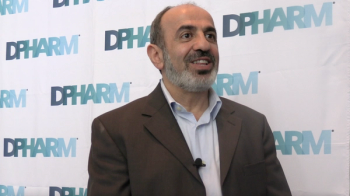
In an interview with Nico Saraceno at DPHARM 2024, Munther Baara, VP strategy and innovation, EDETEK touches on the features an effective AI/ML model can provide and how they benefit data management in trials.
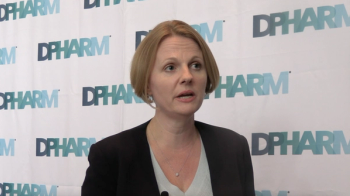
In an interview with Nico Saraceno at DPHARM 2024, Pellegrino highlights current challenges she is seeing in patient recruitment and the use of technology to identify patients.

Session provides insight as to how to boost interoperability and expand the middleware on a global scale.

Panel discusses the advantages that these models can provide in adding efficiencies to the clinical trial process.
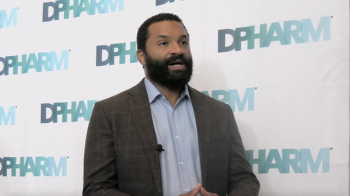
In an interview with Nico Saraceno at DPHARM 2024, Smith discusses how predictive modeling and community engagement can increase diversity.

According to the session panelists, tackling challenges and finding efficiencies is imperative for success.
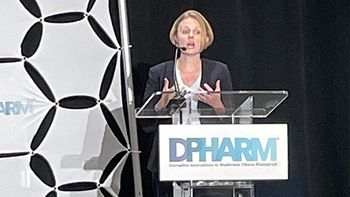
The presentation expresses the importance of putting the patient at the center of patient recruitment.
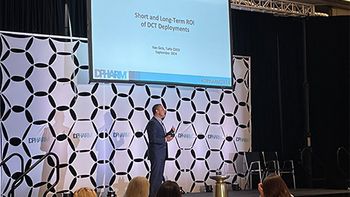
Session reveals how organizations can implement DCTs into their clinical trial planning and execution processes.

DeOliveira, senior director, global regulatory operations, Cerevel (now part of AbbVie) highlights her experience in regulatory operations and how to address increased oversight from regulators.
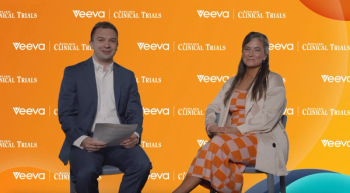
In a fireside chat with ACT editor Andy Studna, Burks, vice president, site solutions highlights her career path and streamlining workflows between sites and sponsors.